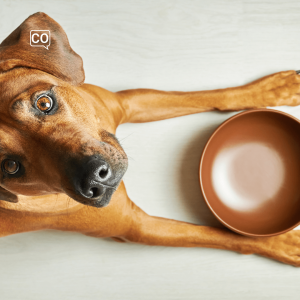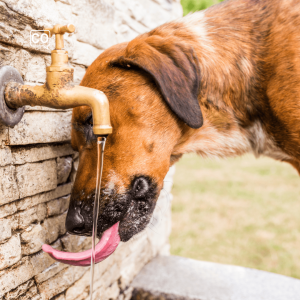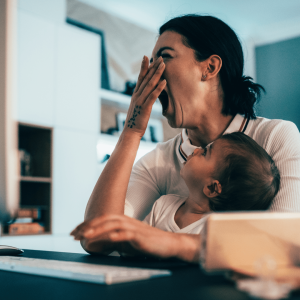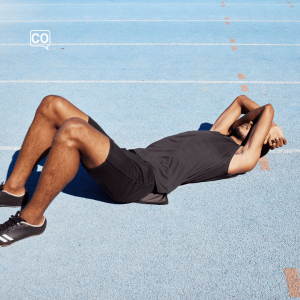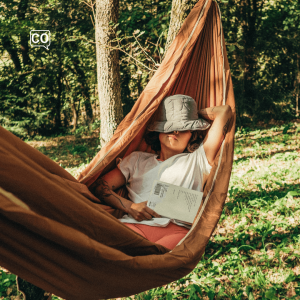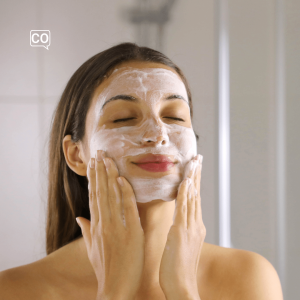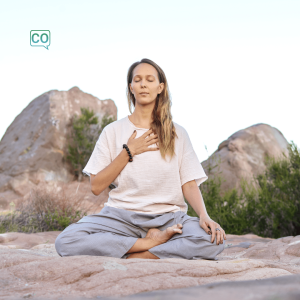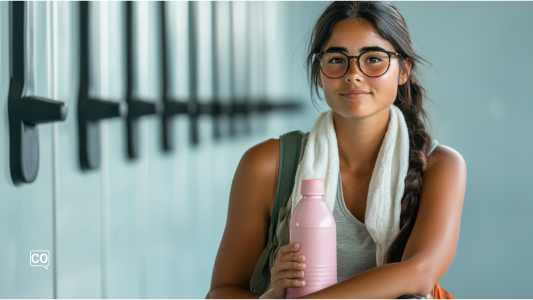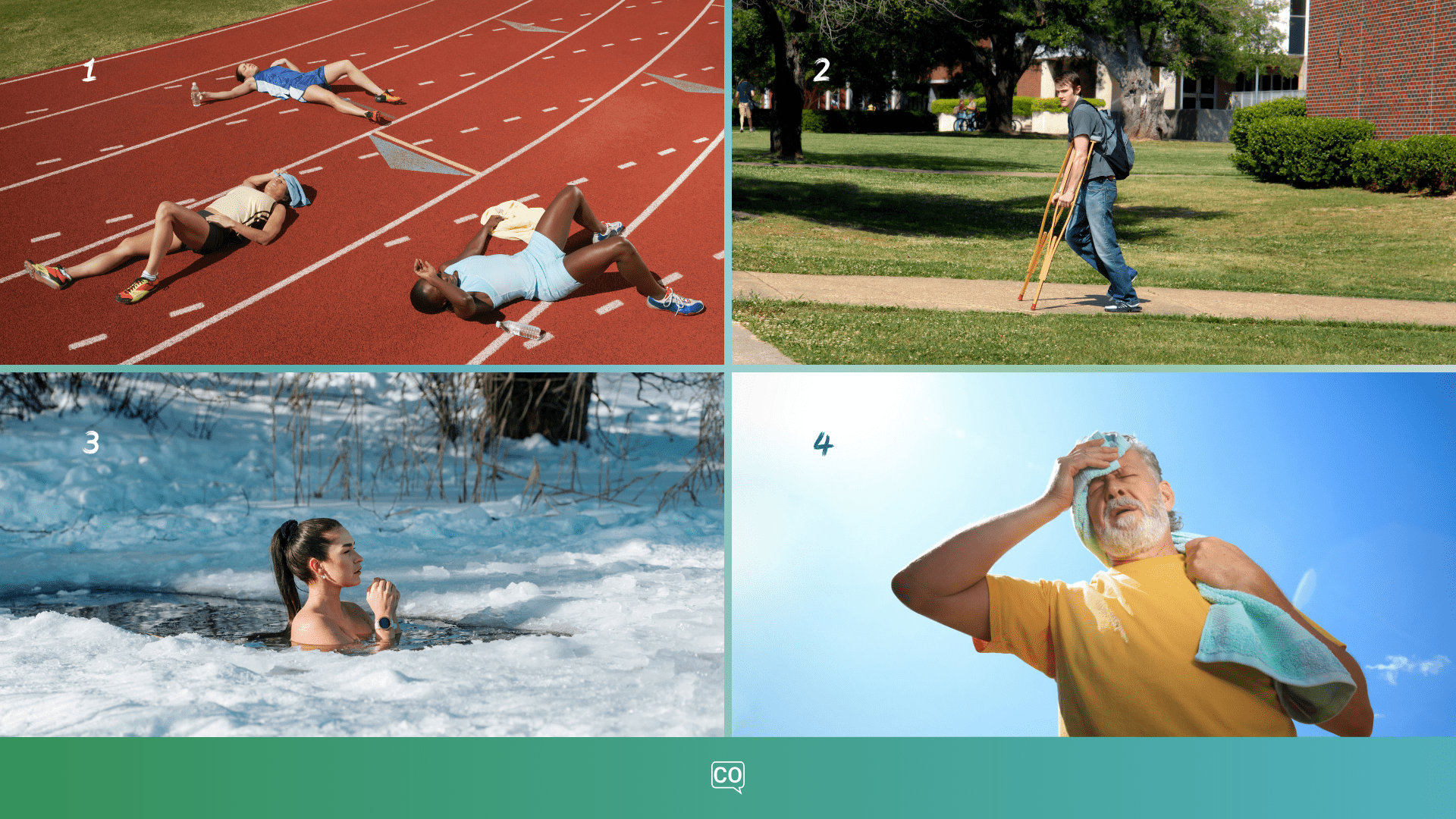Estados físicos y sensaciones

Learning goals:
- Expresar necesidades básicas. (Express basic needs.)
- Describe tu estado físico. (Tell your physical state.)
- El participio pasado como adjetivo (The past participle as an adjective)
- La siesta: descanso y bienestar en España (The siesta: rest and well-being in Spain)
Learning module 4 (A1): Describir objetos y personas. (Describing objects and people)
Recap exercises of the previous lesson
Teaching guidelines +/- 60 minutes
Core vocabulary (10)
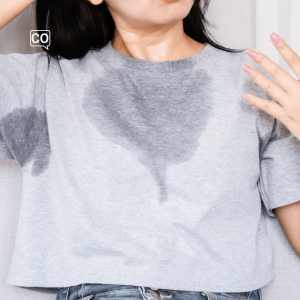
Ella está sudadísima después del ejercicio.
(She is very sweaty after the exercise.)
Sudado
(Sweaty)
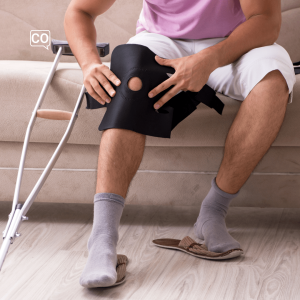
La bailarina está lesionadísima tras la actuación.
(The dancer is very injured after the performance.)
Lesionado
(Injured)
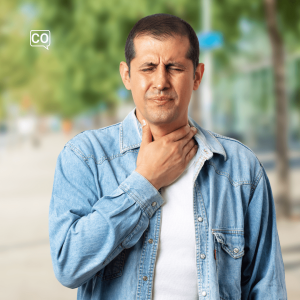
El atleta está cansado por el dolor en sus piernas.
(The athlete is tired because of the pain in his legs.)
El dolor
(The pain)
Listening materials
Our listening materials implement the verbs, vocabulary and grammar topics of this lesson. Audio and video available!
A1.29.1 Diálogo: Después del Gimnasio
Spanish A1.29.1 After the Gym
Ana y Pedro hablan de cómo se sienten después de ir al gimnasio.
(Ana and Pedro talk about how they feel after going to the gym.)
Teaching guidelines +/- 15 minutes
A1.29.2 Gramática: El participio pasado como adjetivo
Spanish A1.29.2 The past participle as an adjective
(The past participle can function as an adjective in some contexts.)
Teaching guidelines +/- 15 minutes
A1.29.3 Cuento corto: Ser consciente del cuerpo
Spanish A1.29.3 Being aware of the body
Una breve historia sobre la importancia de la conciencia corporal en un día laboral.
(A brief story about the importance of body awareness on a workday.)
Teaching guidelines +/- 15 minutes
A1.29.4 Cultura: La siesta: descanso y bienestar en España
Spanish A1.29.4 The siesta: rest and well-being in Spain
Descubre la tradición de la siesta en España y su impacto positivo en el cuerpo y la mente.
(Discover the tradition of the siesta in Spain and its positive impact on the body and mind.)
Teaching guidelines +/- 10 minutes
Exercises
These exercises can be done together during conversation lessons or as homework.
Exercise 1: Find the words
Instruction: Find the words, mark them and make sentences with the words.
Show answers Show hintsHints
Hunger , To take care of oneself , Injured , The pain , Tired , To relax
Answers
Score: 0/6
| El dolor | (The pain) |
| Relajarse | (To relax) |
| Lesionado | (Injured) |
| Hambre | (Hunger) |
| Cansado | (Tired) |
| Cuidarse | (To take care of oneself) |
Exercise 2: Reorder sentences
Instruction: The words in these sentences have been shuffled! Sort them so that they make a valid sentence again and translate.
Show answers Show translationExercise 3: Translate and make sentences
Instruction: Translate the words and phrases below and use it in a conversation or text.
Show answersExercise 4: Translate and use in a sentence
Instruction: Translate and say the word out loud. Use the word in a sentence.
Show translation|
1.
Sed
|
(Thirst) |
|
2.
Lesionado
|
(Injured) |
|
3.
Cuidarse
|
(To take care of oneself) |
|
4.
El dolor
|
(The pain) |
|
5.
Relajarse
|
(To relax) |
Exercise 5: Conjugación verbal
Instruction: Choose the correct word, read the sentence out loud and translate.
Show answers Show translationCuidarse (Presente, indicativo)
1. ¿Vosotros ... solos?
2. Él ... todos los días.
3. Yo ... mucho.
4. Ellos ... entre ellos.
5. ¿Tú ... bien?
Exercise 6: The past participle as an adjective
Instruction: Choose the correct word, read the sentence out loud and translate.
Show answers Show translationrelajadas, cansadas, lesionada, sudada, sudados, agotados, cansado, lesionado
1. Después de correr, ellos están ....
2. El hombre está ... en las piernas.
3. Ella está ... y no puede ir a la escuela.
4. Ellas se han relajado y ahora se sienten ....
5. Ellos se sienten ... del trabajo.
6. Él es siente muy ... porque no ha dormido mucho.
7. Las chicas están ... después de correr.
8. Amalia está ... porque está en el gimnasio.
Exercise 7: Translate and make sentences
Instruction: Translate the words and phrases below and use it in a conversation or text.
Show answersConversation exercise
Teaching guidelines +/- 10 minutes
- Di cómo se siente la gente en esas situaciones. (Say how do the people feel in those situations?)
- Di si alguna vez te has lesionado. ¿Cómo te sentiste entonces? (Say if you have ever been injured. How did you feel then?)
- Di en qué situaciones te sientes cansado. ¿En qué situaciones te sientes agotado? (Say in which situations do you feel tired. In which situations do you feel exhausted?)
Example phrases:
- Las personas de la imagen 6 tienen hambre. (People on picture 6 are hungry.)
- Nunca me he lesionado. (I have never been injured.)
- Me siento cansado cuando estoy... Me siento agotado cuando... (I feel tired when I'm... I feel exhausted when I....)
- ...
Appendix 1: Extended vocabulary table
Core vocabulary
(10):
Verbs: 3,
Adjectives: 4,
Nouns: 3,
Context vocabulary:
10
| Spanish | English |
|---|---|
| Agotada | Exhausted |
| Agotado | Exhausted |
| Caliente | Hot |
| Cansado | Tired |
| Cuerpo | Body |
| Cuidarse | To take care of oneself |
| Dormir una siesta | Having a nap |
| Duele | It hurts |
| Duelen | They hurt |
| El dolor | The pain |
| Fría | Cold |
| Hambre | Hunger |
| Lesionado | Injured |
| Meditar | To meditate |
| Relajado | More relaxed |
| Relajarme | To relax |
| Relajarse | To relax |
| Sed | Thirst |
| Sudada | Sweaty |
| Sudado | Sweaty |
Appendix 2: Verb conjugation tables for this lesson
Cuidarse (to take care of oneself)
Exercises and examples phrases
- yo me cuido I take care of myself
- tú te cuidas You take care of yourself.
- él/ella se cuida He takes care of himself
- nosotros/nosotras nos cuidamos we take care of ourselves
- vosotros/vosotras os cuidáis you (all) take care of yourselves
- ellos/ellas se cuidan They take care of themselves
Exercise: Verb conjugation
Instruction: Choose the correct word, read the sentence out loud and translate.
Show answers Show translationCuidarse (Presente, indicativo)
1. ¿Vosotros ... solos?
2. Él ... todos los días.
3. Yo ... mucho.
4. Ellos ... entre ellos.
5. ¿Tú ... bien?
